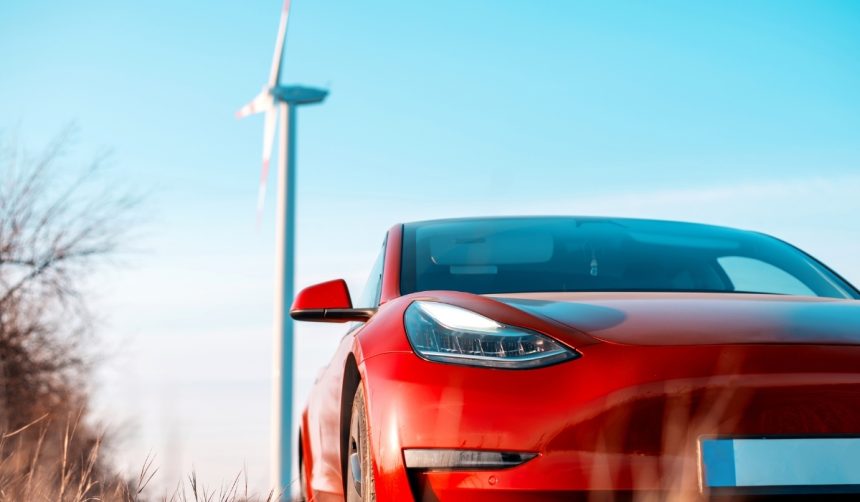Efforts to sway Tesla owners away from their current vehicles have intensified as Lucid Motors expands its targeted trade-in allowance. The rivalry between Lucid and Tesla continues to influence various competitive strategies, with Lucid’s latest move attempting to capitalize on growing discontent among some Tesla customers. Changes in leadership and persistent tension have shaped how these two electric vehicle brands position themselves in a volatile market, where brand loyalty is often tested by financial incentives, industry reputation, and executive disputes.
Previous reports noted similar trade-in incentives from a range of Tesla competitors such as Polestar and Rivian. Earlier campaigns typically ran for limited times or targeted a broader group of EV owners. Unlike these earlier efforts, Lucid now offers an extended, Tesla-specific trade-in program, underscoring strategic shifts in response to both evolving market dynamics and high-profile leadership changes. Unlike prior incentives, there appears to be increased focus on Tesla owners specifically, rather than casting a wider net among all EV drivers.
What Drives Lucid’s Continued Tesla Trade-In Offer?
Lucid Motors is currently maintaining a $4,000 trade-in allowance for Tesla vehicles, a promotion that stands out for its duration and specificity. While Lucid’s incentive has similarities with previous manufacturer tactics, this current initiative notably targets Tesla’s customer base directly. Executive departures and ongoing disputes have shaped the brand’s approach, threading competitiveness with ongoing rivalry. Former CEO-turned-boardmember Peter Rawlinson remains central to this strategy, as he and Elon Musk share a history dating back to their collaboration at Tesla on the Model S project.
How Does Leadership Influence Industry Competition?
Corporate rivalry plays a significant role in shaping automotive marketing. Musk and Rawlinson’s contested history, including uncertainty over the exact responsibilities Rawlinson held at Tesla, has led to persistent public statements and disputes. This personal friction extends beyond the boardroom, impacting how incentives are structured and promoted to consumers. The rivalry, however, coincides with broader efforts by other brands, such as Polestar, to lure Tesla drivers away, adding another layer to the competitive landscape.
Are These Promotions Swaying Tesla Owners?
The ultimate effectiveness of these loyalty-shifting promotions remains uncertain, as manufacturers like Lucid and Polestar provide few details regarding success rates. Despite high visibility and competitive rebates, there is minimal data on how many Tesla owners actually switch brands as a result. Trade-in allowances can be attractive, but a driver’s attachment to Tesla’s product ecosystem and technology may limit their impact. As one industry observer put it,
“It’s clear that incentives alone might not be enough to disrupt established loyalty among EV customers.”
Lucid’s ongoing trade-in initiative marks a persistent attempt to carve a niche by directly appealing to Tesla’s customer base. Unlike earlier, short-lived campaigns from rival brands, Lucid’s broader window and renewed marketing push may garner greater interest, especially from owners with concerns about Tesla’s brand direction or leadership. However, customer decisions are often driven by a complex mix of practical considerations—including technology preferences, pricing, and perceptions of corporate leadership. For consumers, evaluating these promotions requires weighing financial benefits against the realities of switching to a new vehicle brand, and being informed about potential changes in resale value, warranty coverage, and service quality. Staying updated on such offers is crucial for those considering a transition, as continued market competition may lead to even more appealing incentives or shifts in industry focus.
- Lucid extends its $4,000 Tesla vehicle trade-in offer.
- Rivalry with Tesla’s Musk shapes Lucid’s promotional strategies.
- Effectiveness of these incentives for customer conversions remains uncertain.










